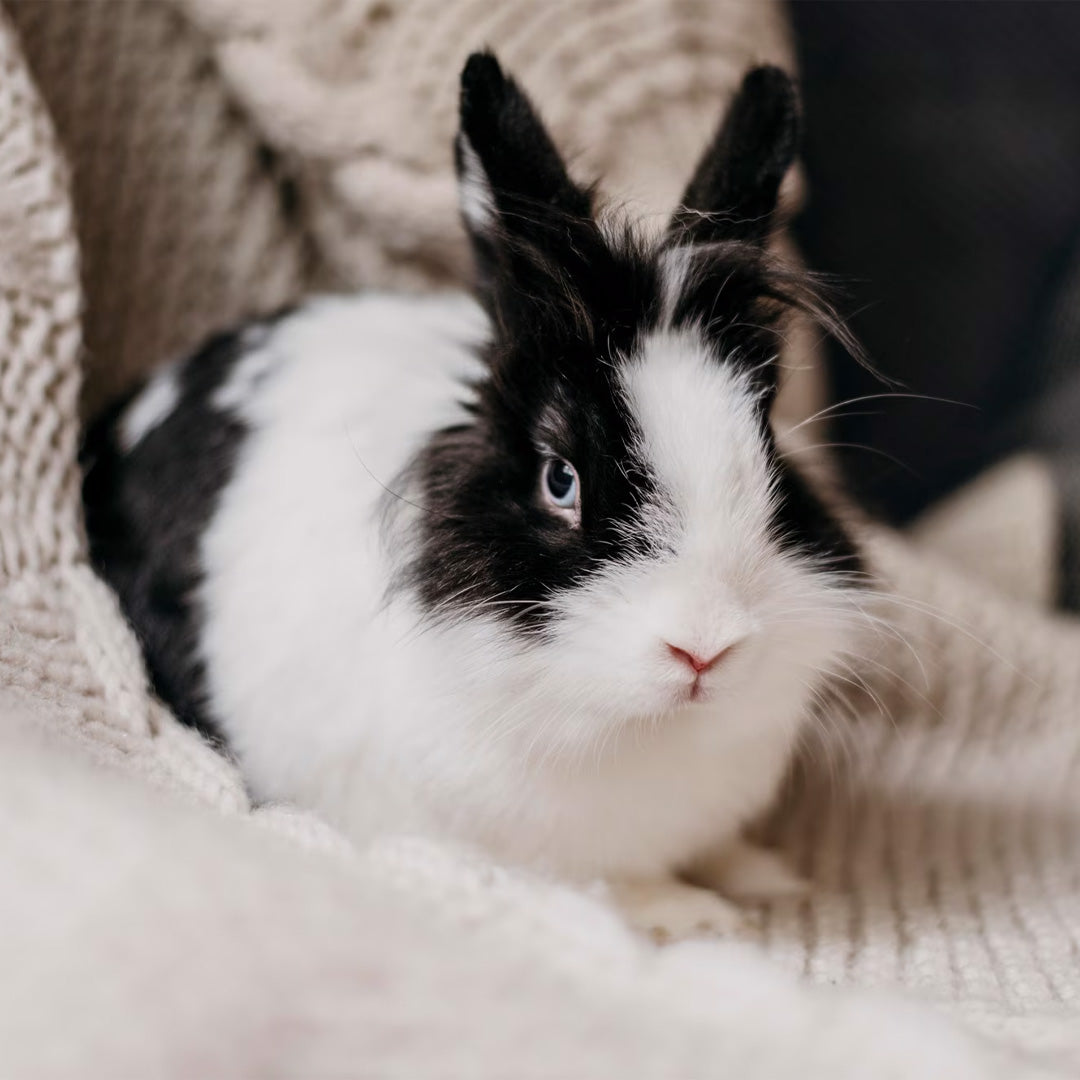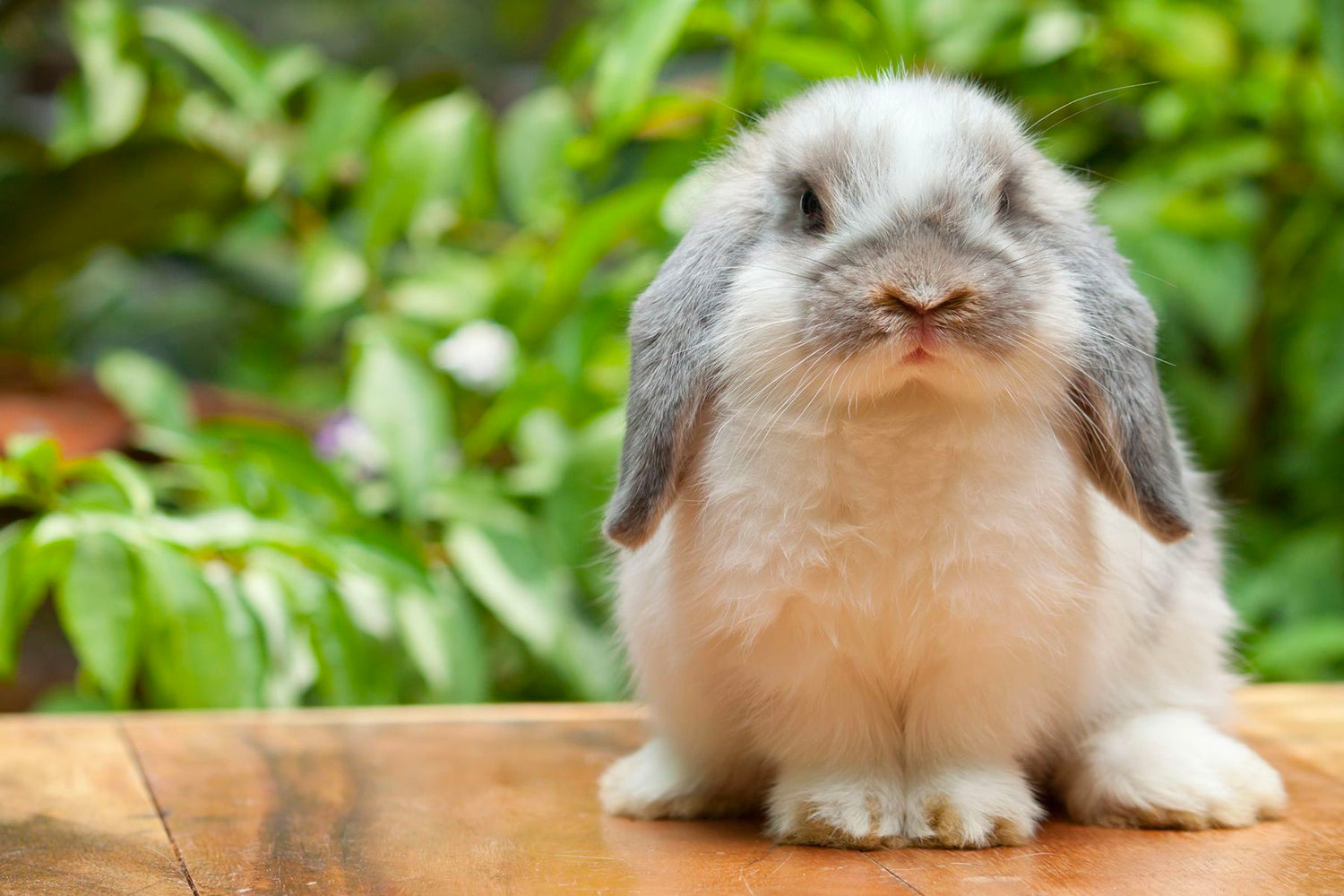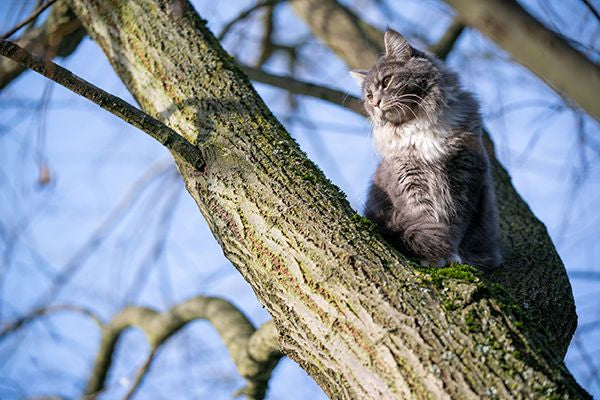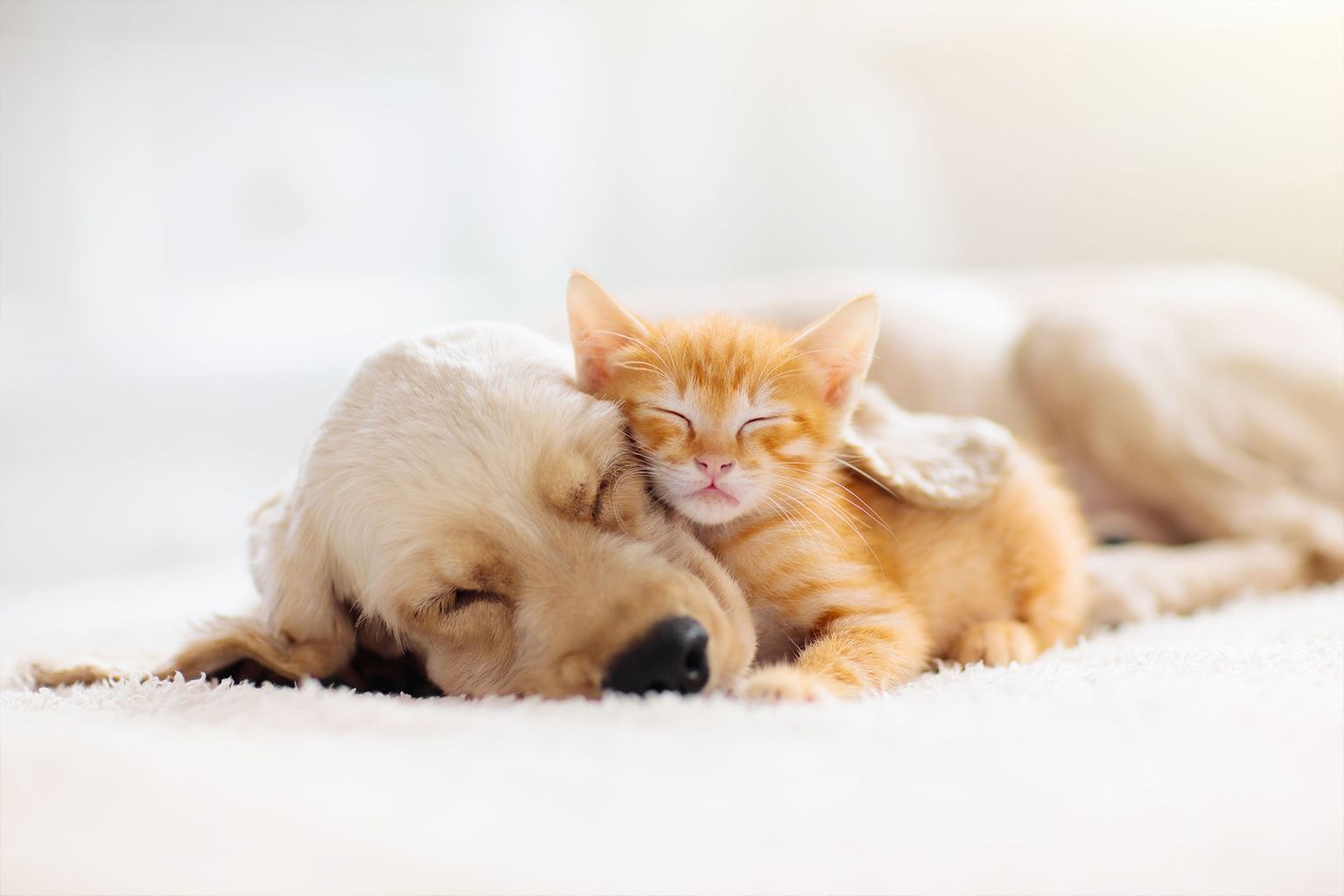The apartment rabbit , perhaps thanks to its small size and resemblance to a cotton ball, has increasingly become part of Italian families. In a short time he became, together with dogs and cats, a puppy victim of impulsive adoption which as such does not take into account the real needs of the animal, increasing the abandonment rate over time.
Experts identify rabbits as having a life expectancy of over 12 years and like any other living being they need care and attention. If you intend to adopt one, it is good to know how to take care of it to guarantee it a quality life.
In this article you will find some more information about rabbits and everything you need to give them the care and attention they deserve.
In this article
1. What veterinary care does he need?
When you decide to adopt a baby rabbit, whether from a breeding farm or from a private home, the first step is to check its health. It is advisable to have your vet do a complete check up , paying particular attention to the presence of any gastrointestinal parasites, which if left untreated can cause the death of the animal. This first complete check up must also be accompanied, over time, by mandatory vaccinations and subsequent annual checks .
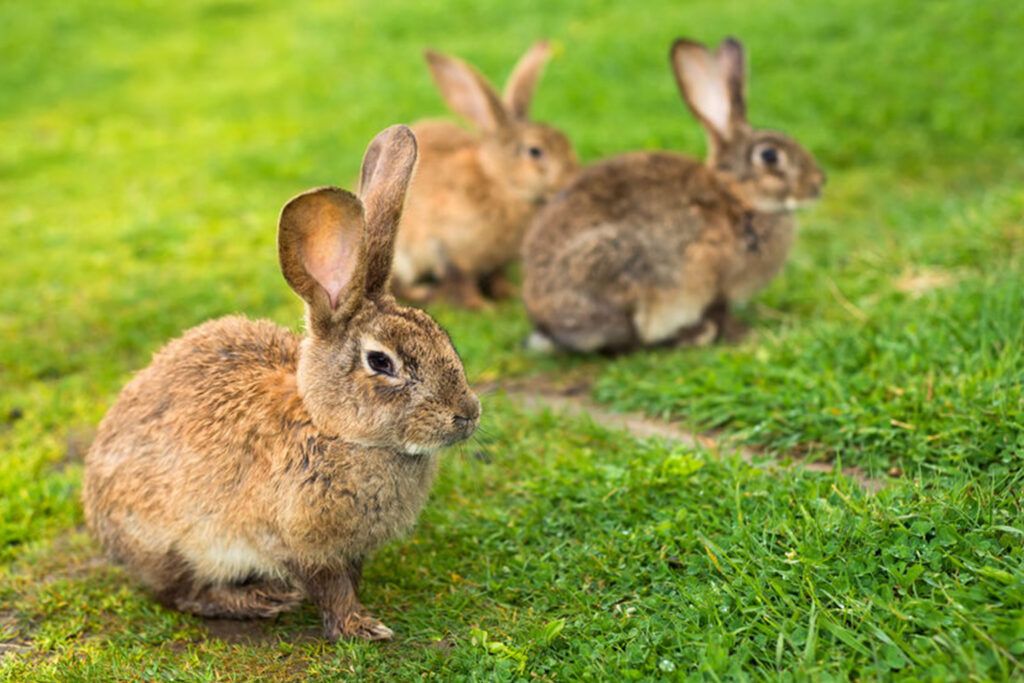
2. Apartment rabbit: how to prepare the house
Domestic rabbits , just like dogs and cats, need space and movement and the lack of these conditions could cause behavioral disorders and stress in the animal.
The rabbit needs a den in which to feel safe , the cage performs precisely this function. Once set up, the rabbit cage becomes the place where it can eat, rest, do its business and feel safe. Precisely because it takes on the role of a den, it is very important that the animal can freely choose when to enter and exit the cage. At home and outside, the rabbit must never be left alone without supervision , because the risk of them putting themselves in danger by gnawing on electrical cables or becoming victims of a predator is very high.
But which cage should you choose? The cage for rabbits should normally be five times the size of an adult rabbit , this ensures the animal has the right freedom of movement. The advice is not to give him too much space in the house right away, but to allow the animal to gradually get to know the environment and understand where he can make a mess. In particular, it is necessary to prepare a corner inside the cage with fresh water every day, hay and a rabbit litter box where he will do his business freely.
3. What does a rabbit eat?
The rabbit is not a rodent, but is part of the herbivore family; this implies that in the wild he needs to consume an unlimited amount of hay and fresh grass combined with a moderate amount of green leafy vegetables, carrot tops, endive, radicchio, basil and lettuce. To ensure a balanced diet it is good practice to integrate all the necessary macronutrients through small quantities of high fiber pellets and rabbit snacks .
This type of nutrition is essential because:
- The rabbit's teeth are constantly growing, gnawing on this type of food allows it to file its teeth
- consuming a diet rich in fiber allows him to digest food correctly and avoid intestinal blockages
Furthermore, the rabbit needs to do a lot of movement which promotes digestion, limiting the risk of obesity. For this purpose , rabbit enclosure structures are very useful to allow them to move around the house or garden safely.
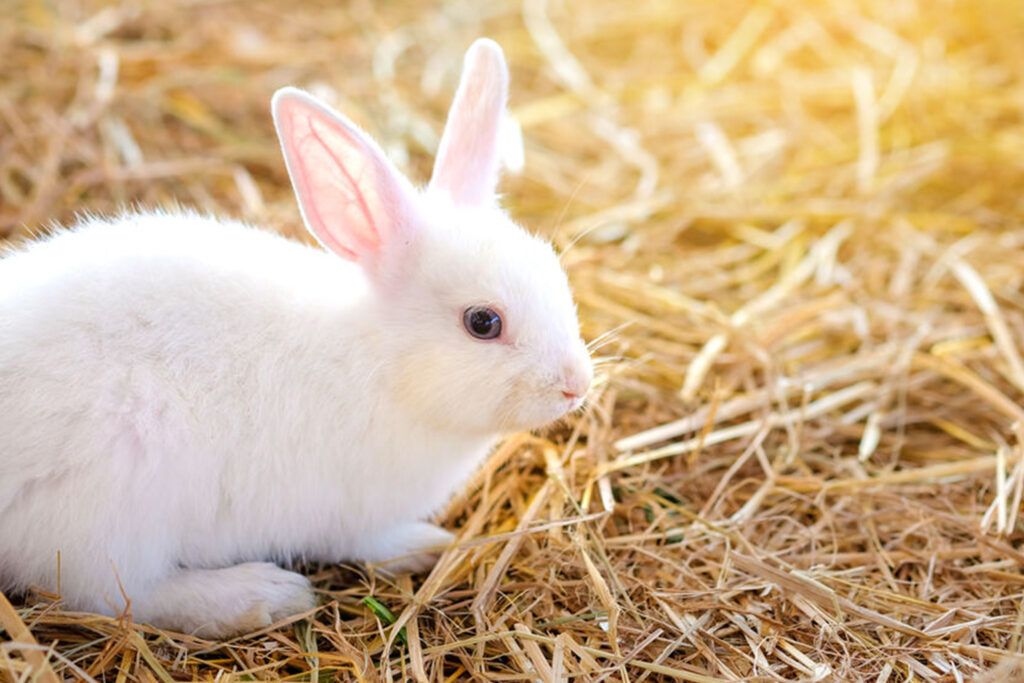
4. A bored rabbit makes trouble
Each rabbit, just like other animals, has its own character; some are more sociable than others, but one thing is certain, unfortunately they tend to get bored very easily and a bored rabbit activates destructive behaviors in the house , for example it could gnaw on furniture, doors, skirting boards, if it has nothing to dig it will claw its claws on the carpets , sofas, beds. Furthermore, bored rabbits are also more prone to aggression. The advice to avoid this is to guarantee him the right balance between entertainment and rest , using toys to gnaw on or offering him the right space to explore during the day.
5. Hygiene and cleanliness: what to do?
Rabbits often groom themselves and keep themselves fairly clean , however, they sometimes need their nails trimmed. If you choose to get a long-haired rabbit, it is essential that they are brushed weekly to prevent their fur from becoming matted . Furthermore, if left untreated there could be the risk of them ingesting large quantities of fur causing intestinal blockage, which is the main cause of death in these animals. It is not necessary to wash it unless it is obviously dirty with feces or other things.
For greater hygiene and cleanliness, the cage should be lined with paper or wooden litter which should be cleaned daily and replaced once a week . If specific litter is used for needs, that must also be cleaned daily.
Rabbits can be loving and long-lived companions but should not be adopted impulsively. Now that you know how to meet a rabbit's needs and know the commitment and time needed to keep it healthy, you can more consciously evaluate whether it is an animal for you.



